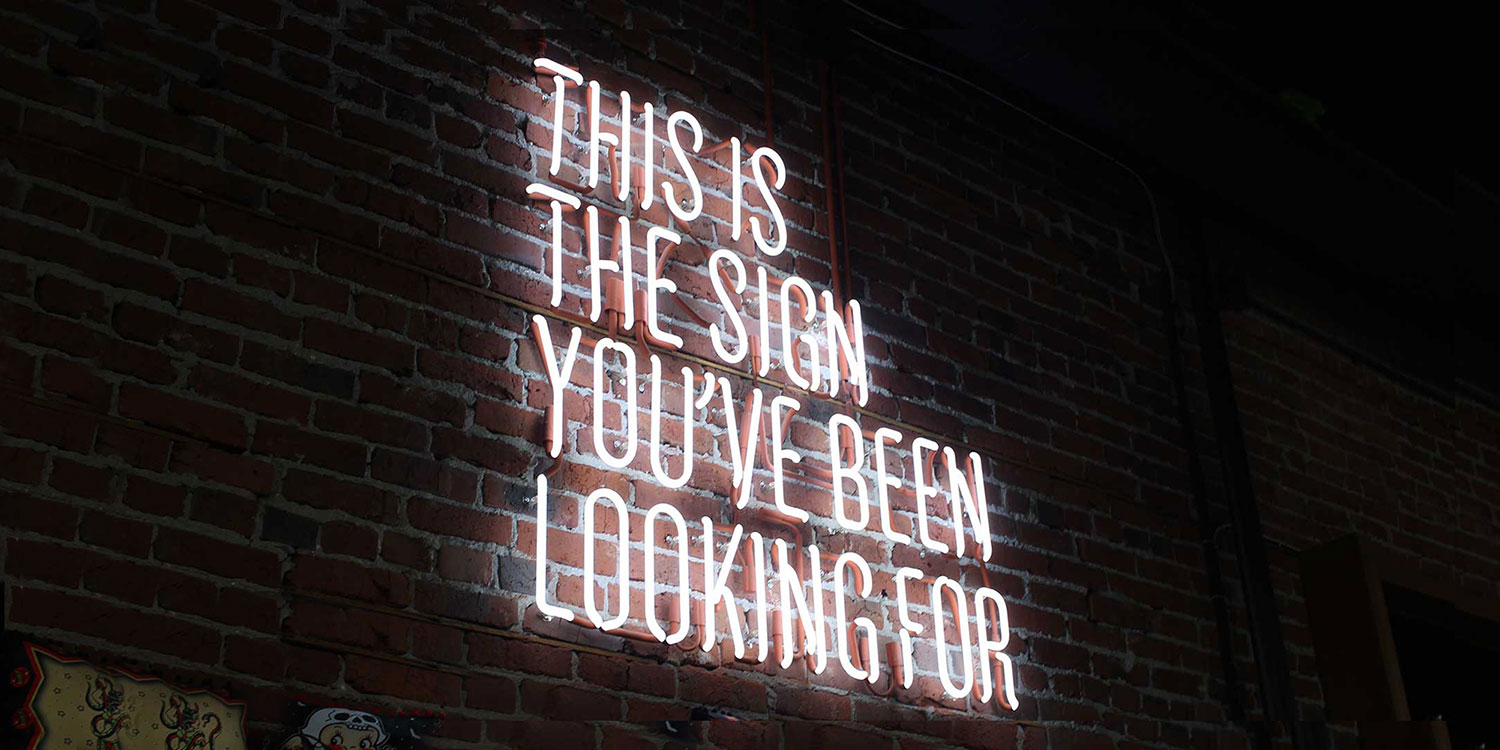You’ve quit drinking. Congrats! But how will you make friends now that you are sober?
As a 20-year-old college student, my decision to get sober was terrifying for a number of reasons. But at the top of that list was one major fear: What was going to happen to my friendships?
I won’t sugarcoat it—if you decide to stop drinking, it will likely affect some of the relationships in your life. You’ll realize there were certain people you had thought you were friends with, but they were actually just drinking buddies. It’s never fun to move on from people, but in recovery, it’s sometimes necessary.
But don’t fret. The good news is that there are plenty of ways to connect with people like you, people who have also decided that life in recovery is the way to go, and with people not in recovery for whom drinking is not an important part of life. Here are just a few of the ways I’ve connected with such people in the past eleven years of sobriety.
1. Join online support groups.
There are a lot of online support groups out there, even on social media platforms like Facebook. Some groups you can join freely, and others you need to be approved which can take a little time. These groups provide such good resources and a sense of belonging, which you often need in the beginning stages of sobriety. These groups can lead you to connect with other sober people, who you may have never crossed paths with otherwise. Over time, you’ll likely find yourself forming friendships with these people. There are a number of sober women I met online who I have become good friends with and met in real life. They understand the struggles of recovery and we walk through it together. If you’re a member of Workit Health, there are online support groups just for members, but there are bunches of options out there, available to everyone.
2. Be open about your story.
I know this one is hard for some people, so it’s not a must. But when you open up to the people in your life, you’ll be surprised at how many people come forward and say, “Me, too.” Alcoholism and substance use disorders aren’t as uncommon as you might think. Many people have struggled with them, and chances are there are people already in your life who have as well. If you are open about your journey, it gives them the chance to reach out and allows you to form a stronger friendship.
3. Attend recovery meetings.
Yes, this can be one of the scariest parts of early recovery for some people. And the truth is that recovery meetings are not a fit for everyone. But there’s no harm in giving it a chance. If it is a good fit, you’ll likely meet many people on the same recovery path as you. You may find that recovery is all you have in common, or that you have recovery plus many other things in common. Either way, having recovery in common is a good foundation to build a friendship upon. Here’s a very incomplete list of recovery communities out there:
- 12-Step Groups
- Non-12-Step Groups
4. Utilize social media
This sounds like a weird way to meet friends, but I’ve actually connected with many sober peers by using hashtags on Instagram. When you search #sobriety or #recovery on Instagram, many posts and accounts come up. Follow them. Interact with them. You just may build an online support system, which could evolve into a friendship. Social media is a great tool for not only sharing your own story, but being able to hear and partake in other people’s stories. There are also a wide range of Facebook communities that focus on recovery and a bunch of sober creators on TikTok.
5. Sign up for online recovery coaching programs.
There are quite a few out there. These groups provide you with the necessary tools for recovery while also connecting you with sober peers as a support system. Many times the people in these courses grow close due to the sensitive nature of the topics discussed. Often, there are Facebook groups or online meetings created for course members as well, to stay in contact during the course and even after it’s ended.
6. Look for sober groups
As a newly sober person, it can feel like every group and activity in the world revolves around drinking or using. But there are actually a lot that don’t, and many that are explicitly for people in recovery. Try searching for sober Meetup groups in your area. Or you can look for activities that—while not being explicitly recovery-based—don’t usually include drinking or drugs. This could include adult classes (like the arts and crafts classes offered through a lot of cities), yoga groups, gaming clubs, and book clubs that meet in libraries or coffee shops (so are less likely to include wine).
Of course, there are other ways to connect with sober peers, too. These are just a few that have been the most effective in my own journey, especially when it comes to connecting with other young, sober people. Everyone’s journey is different, but it’s likely that connecting with others who have been where you are will make the journey a little brighter.








